|
By Sarah Thompson Felicia Edwards is a creative. She always had her heart set on becoming a psychologist, but knowing she wanted to go beyond the four walls of a traditional clinical setting and, quite literally, get up and moving while helping people, she began forging her own path during her undergraduate years. “I knew that I wanted to help people in some capacity that had to do with mental health, but I also knew that my passion was in media,” she shared. “So, I created a curriculum that would incorporate mental health, writing, media, communication sciences and I put it all together as one.” At the time, telehealth wasn’t as popular as it is now, yet Edwards was ahead of the curve, pursuing a degree that would help break down barriers for people to address their mental health concerns, whether transportation, money or something else, and providing virtual mental health services. “I wanted to help people through media in the mental health sphere, through helpful videos and publications,” she said. So, she loaded up her toolbox of knowledge in communications and pursue her Masters in Marriage and Family Therapy to become a psychotherapist. She began creating videos while still working in the clinical field, eventually finding herself in a master’s course called action methods in Marital and family counseling—one that would spark a whole new approach for her. “They used acting as a therapeutic means to unravel whatever is going on with you,” she shared. “And I thought—this is what I’m going to do!” The thought of not being bound by some of the rules other practices had, Edwards took steps to open her own practice in Avon in July 2020, backed with certifications in various therapies. “In other practices I would have to conduct therapy in a certain kind of way,” she explained. “But within my own practice and with the people I bring on, I can say to them that they’re free to do whatever feels comfortable to them, but my main focus is creativity and doing therapy in a non-traditional way.” Edwards focuses on helping people who are transitioning—whether to a new job, in and out of school or otherwise—and tends to gravitate toward college students and young adults. Edwards moved to the United States from Jamaica when she was a little girl, first living in Florida, then New York and finally settling in Connecticut, so transitions are one she can understand and relate to her clients about. “I find those transitions hardest because they are life-changing,” she shared. “Sometimes when people are transitioning to ‘the real world’ from college, they have limiting beliefs, like I live this way, or my name sounds like this, and so I’m really afraid to get this job. So, it’s from a cultural perspective. They also have deeply rooted family beliefs that they’ve internalized and subconsciously they’re taking it with them.” Edwards works to unpack these complexities, to help empower her clients to reframe their believed experiences and create a new narrative so, in her words, they “don’t click away from those job opportunities because they believe a person might turn them down because of who they think they are or what their name sounds like.” These experiences are ones that Edwards has dealt with, too. “Therapy is meant to edify you. Recognize it as self-care. “In the workplace, I have experienced people thinking I’m incompetent or I’ve been in situations where I have received hits at me because I was the only one in my office that looked a certain way,” she shared. “There have been times when I’ve spoken to someone and they said something, but I know they weren’t intentional about it but it’s because they assumed something about me. They might assume I’m a single mother, so some people assume I need assistance.” Edwards has reached beyond therapy to create a card game that helps people debunk biases based on assumptions on looks. “I think it’s really important to understand that on a subconscious level that we automatically think something about someone as soon as we see them,” she explained. “The way we see them, until it’s debunked, we carry that bias around with us. I want us to be aware of those things, so we don’t lead the conversation a certain way or make a person feel unintentionally uncomfortable.” Her game, called Assumptions, was originally created to use during her sessions with clients, but she’s working to re-roll it out in both physical and online versions. She also likes to specifically work with communities where there are higher instances of stigma attached to mental health care.  “I have a handful of Muslim clients who say I’m getting therapy although this is highly frowned upon,” she shared. “A lot of the time people look to religion, which is fine, but I find that they’re still feeling stuck and they’re not getting the help that they need and that’s why I really wanted to help. It is becoming destigmatized a lot more, but there is still that belief that ‘only crazy people go to therapy.’” At the top of Edwards’ list is helping encourage people to take the step to get help. “Therapy doesn’t have to be scary or boring. A lot of times people think therapy is this big, scary ordeal or they should come with only bad news,” she shared. “Therapy is meant to edify you. Recognize it as self-care. You can speak to someone who is unbiased, someone who can give you what you need when you need it. I always say, if you ever have the thought that OK, maybe I should get help, act on it and don’t talk yourself out of it, because that’s what people do. There is no shame in getting help. It just means you need support, and everybody needs support.” Assurgent Healing is based in Avon and offers online therapy for couples, young adults and women across Connecticut. Find Assurgent Healing, and information on Edwards’ Assumptions game online here. Felicia Edwards is also a creative business coach and owns AchievHer Perfection, helping business owners transform their “boring content marketing strategies into new income generating creative techniques.” Learn more about receiving free creative training for businesses by clicking here. BROWSE THE SHOPBLACKCT.COM DIRECTORY:
0 Comments
Break Free Center for Wellness in Manchester, CT By Rode Bataille “You don’t wait until your car breaks down to get an oil change, by then it is too late. But we treat our mental health that way. If anybody deserves the gift of therapy, it is us,” explained Sharron Riley-Seymour, a licensed counselor at Break Free Center for Wellness located in Manchester, Connecticut. According to SAMHSA’s 2018 National Survey on Drug Use and Health, “Sixteen percent (4.8 million) of Black and African American people reported having a mental illness, and 22.4 percent of those (1.1 million people) reported a serious mental illness over the past year.” The challenges of stigma make this statistic even more daunting. Mental Health America explains that “historical adversity, which includes slavery, sharecropping, and race-based exclusion from health, educational, social, and economic resources translates into socioeconomic disparities experienced by Black and African American people today.” Socioeconomic status, in turn, is linked to mental health: People who are impoverished, homeless, incarcerated, or have substance use problems are at higher risk for poor mental health. How is it that Black communities suffer at a 20 percent increased rate of mental health setbacks than any other racial group, yet they are one of the racial groups least likely to seek therapy? Disparities fuel the combination of mistrust and access to information about mental health and counseling, which lead to hesitancies around pursuing help for issues around generational trauma, depression, anxiety and other struggles. The percentage of counselors who identify as Black and who can alleviate mistrust, is small. Along with Riley-Seymour, Hasson Stavis and Yanique Grant are part of that small circle of professional Black therapists in Connecticut. Stavis is a licensed marriage and family therapist at HealThy Soul Clinical Services in Glastonbury and New Britain, Connecticut, and Grant is a licensed clinical social worker and is a clinician/psychotherapist at Courage to Be in Bloomfield, Connecticut. Riley-Seymour wants Black individuals to know they are needed and that there is no limit to their potential in pursuing a mental health profession. There is a critical need for supporting communities who need a therapist that looks like them and embraces them wholeheartedly. Stavis knew since he was 7 years old that being a healer was his calling. He decided to be a therapist earlier on and began working in the mental health field while in college, where he completed a co-op at Saint Francis Behavioral Care in Portland. “Healing from trauma takes time and this might extend beyond the time the trauma itself occurred. Helping clients of color and clients in general heal from their traumas and generations pasts allows the client to truly evolve with a greater sense of purpose and being.” - Hasson Stavis, LMFT HealThy Soul Services Grant shared that she chose to pursue a career as a mental health professional because she loves helping people “get to the bottom of who they are, how to manage their stress, and to be that person helping others through their journey.” According to her, she believes every therapist gets into therapy a little bit for themselves, too. Grant, Riley-Smith and Stavis are all working to help break the stigma that holds many Black individuals back from receiving mental health support. “Normalize therapy as much as you can,” said Grant. A first step is to seek therapy by simply browsing online listings—like on PsychologyToday.com or ShopBlackCT.com—to see which therapists are available, reading through profiles and seeing if there is a connection with any through a consultation. “Consultation is a great entry into therapy to see if you mesh with the therapist,” explained Grant. And, therapists offer a variety of different treatment methods, which can be a helpful deciding factor. Stavis’s practice focuses on getting clients to the point where they need without leading or providing them with a direct solution. He allows the solution to organically surface so that clients can own their outcomes for themselves. This practice has a foundation in Internal Family Systems and a few trauma modalities. Riley-Seymour specializes in Eye Movement and Desensitization Reprocessing (EMDR). “It’s traditionally thought of as a trauma therapeutic model,” she explained. “But it also looks at cognition, our thoughts and core beliefs we have about ourselves, our emotions and body sensations and how these are all interconnected.” Stavis and Riley-Seymour have noted patterns between clients who also identify as Black. “Transgenerational trauma and pain go back a lot farther for my Black clients because on top of individual trauma, there are also 400 years of trauma and abuse that they may have to address from slavery,” shared Stavis. “Healing from trauma takes time and this might extend beyond the time the trauma itself occurred. Helping clients of color and clients in general heal from their traumas and generations pasts allows the client to truly evolve with a greater sense of purpose and being.” Black clients tend to have patterns and core beliefs of feeling undeserving, in addition to dealing with a high rate of imposter syndrome, anxiety, negative internal dialogue, and more. “Many of my Black clients feel as if they are unable to accept awareness, ownership, and acknowledgment of what has happened to them as a collective people as well as their individual experiences of being black in America,” explained Riley-Seymour. It is extraordinarily powerful how Black mental health professionals combat racism, racial inequality, and eradicating the broken line between black communities and therapy. “It’s hard being a human and it’s okay to heal; I think it’s important for clients to understand this,” encouraged Stavis. “Waking up every morning in this skin, feeling good about who I am, and feeling good about what I do, is an act of resistance,” shared Riley-Seymour. “That is the work—when I show up for clients, the greatest gift that I can give is strengthening them so they can do what they need to do. We are in a society and we are in a culture that has been designed systematically to tear us down.” Pushing to destigmatize seeking mental health support in the Black community is a necessity. In the end, changing the narrative will help those who need it most. “There’s a huge deficit in the way society portrays people of color, which is [the belief] that you can go but so far,” said Grant. “contribution is to break down that barrier because it’s a fake narrative and you can absolutely change that narrative and you can go so much further than what society is telling you.” “Whatever you put your mind to, you are capable of,” added Riley-Seymour. “You have the same amount of time in a day as Oprah, and as anyone else you look up to. All that they can accomplish in their day, so can you—so own your moments. Make and manage choices that include self-love.” BROWSE THE SHOPBLACKCT.COM DIRECTORY:
11/2/2020 2 Comments Magnolia Wellness: Deeply RootedBy Brenda De Los Santos Gizelle E. Tircuit and her daughter, Janelle Posey-Green, started their New London-based holistic mental health practice, Magnolia Wellness, LLC, in 2016 not only to benefit the community, but to allow them to feel good about what they were doing. Tircuit is a licensed professional counselor (LPC) with a background in education and is currently at the write up stage for her Ph.D. in Counseling, while Posey-Green is a Licensed Clinical Social Worker (LCSW) who has worked in the non-profit mental health field. They feel that the hearts of big institutions were in the right places when they were smaller, but as they grew they missed the mark. They didn’t want to have to meet a certain quota for how many clients they needed to see in a week. Being the owners of their own practice allows them to steward Magnolia Wellness LLC in the exact direction they want to be in. They offer programs such as DBT (dialectical behavioral therapy), Positive Parenting, SMART Recovery group therapy, EMDR (Eye Movement Desensitization and Reprocessing), CBT (Cognitive behavioral therapy ), sound healing, energy balancing and cleansing, as well as ancestral healing practices and other Holistic treatment approaches. “We have an eclectic approach,” says Tircuit, “Many times it becomes a combination to find what the client needs.” Posey-Green adds, “One thing that Mom and I are adamant about is finding out if we are the right fit for the person. It’s not just about money. That's one of the things I didn’t like about bigger places. It goes back to ethics, it’s all about what the client needs.” Tircuit maintains her teaching license with a certificiaton in Special Education, so that she can support families with 504 plans and IEPs. Originally from New Orleans, the mother and daughter pair take much pride in their roots, and have incorporated the magnolia, Louisiana's state flower, as their business namesake. Posey-Green uses her Creole roots as a springboard for teaching her clients practical ways to incorporate indigenous self-care practices into their lives at home. She uses sound bowls and smudge sticks, as well as teaching people to regulate their own energies with fire breathing, dance, and sound. She says that many of her Black clients come for these indigenous practices that don’t necessarily come naturally to them. After moving to Connecticut from Louisiana, Tircuit says they went from living in a community in Louisiana where her children saw Black adults who were doctors, attorneys and all the other professions in a community made up of different professions and families to Connecticut where there were only two Black families in their community. She didn’t let that deter her and made sure to expose her children to Black professionals. “Janelle [Posey-Green] was exposed to many Black women professional therapists,” says Tircuit, “We are all very close, and she got to see these beautiful Black professional women.” "One thing that Mom and I are adamant about is finding out if we are the right fit for the person. It’s not just about money. That's one of the things I didn’t like about bigger places. It goes back to ethics, it’s all about what the client needs.” The impact on Posey-Green was profound. “My mom never stops. There is nothing she can’t do because I’ve seen her do so many different things. As an adult, I know I can because she did.” Tircuit admits she had reservations about opening up a private practice, but she says Posey-Green was her cheerleader. “We motivate each other and we are inspired by each other as a family,” she shared. Magnolia Wellness also strives to impact their community as a whole. Posey-Green has taken on the role of being a community leader, creating several online communities. After COVID hit, the CT BIPOC Mental Health & Wellness Initiative was created to provide a safe space to openly discuss the impact of the pandemic and racial trauma on Black, Indigenous, people of color. Posey-Green says CT Therapists and Healing Practitioners of Color was created because “we are not all the same, so we deserve options. You shouldn’t have to stick with a professional just because they have the same cultural background as you.” And SECT Naturalistas was created when she was working with teens and found that many did not have role models who looked like them. While Posey-Green takes on being the public face for these communities, Tircuit’s contributions are more in the background. Although most therapy appointments are currently being done virtually, the mother-daughter pair says that being treated in their practice is an experience. Whether a session is done online or in person with sage burning or an essential oil diffuser going, their clients are treated with dignity and taught stability and endurance. “It all goes back to our roots, our sense of community and culture,” says Tircuit. Magnolia Wellness is located at 302 State St, New London, CT 06320. Click here to learn more. BROWSE THE SHOPBLACKCT.COM DIRECTORY:
|

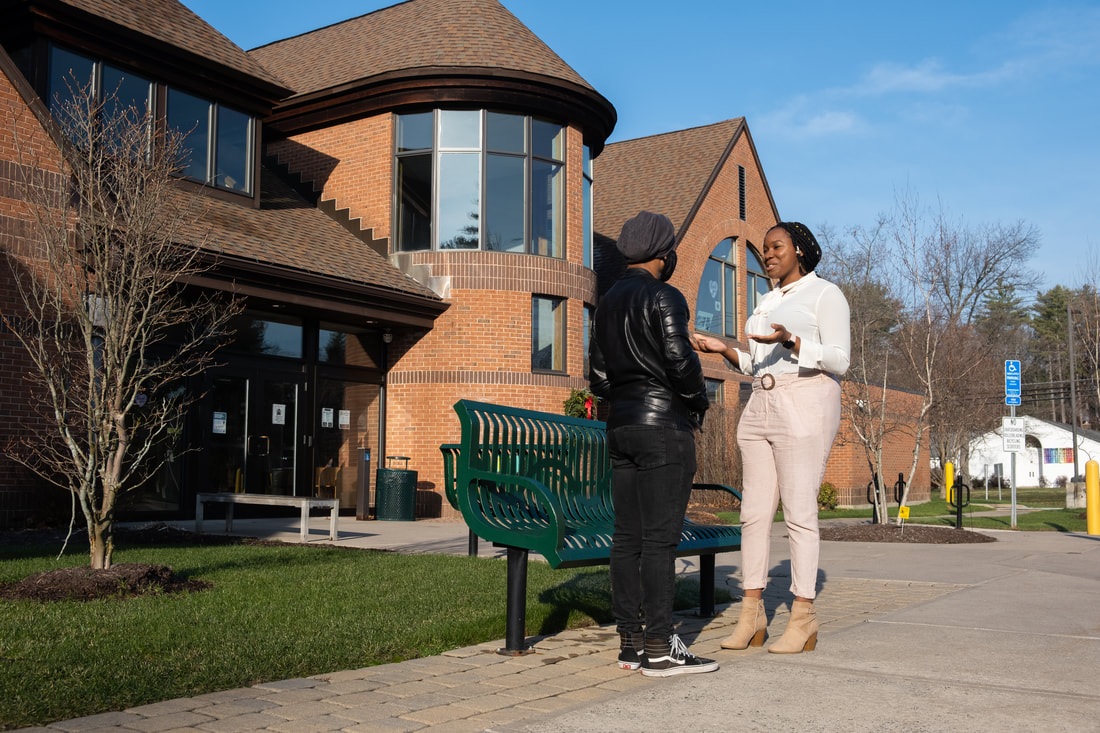
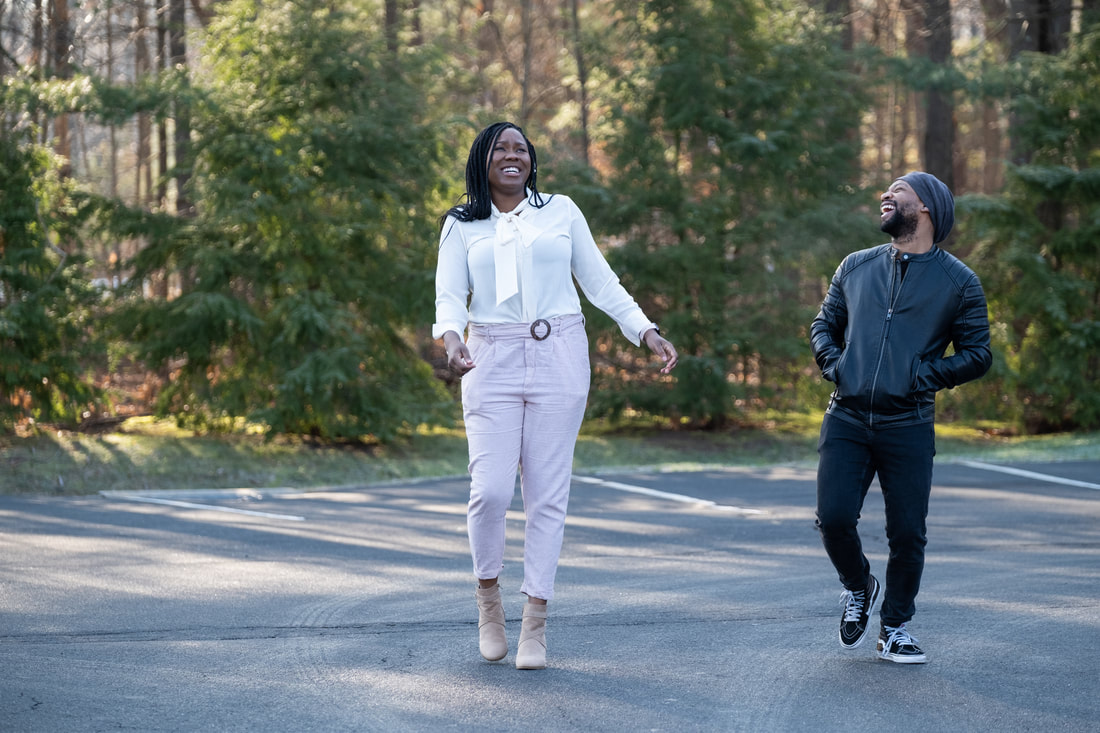



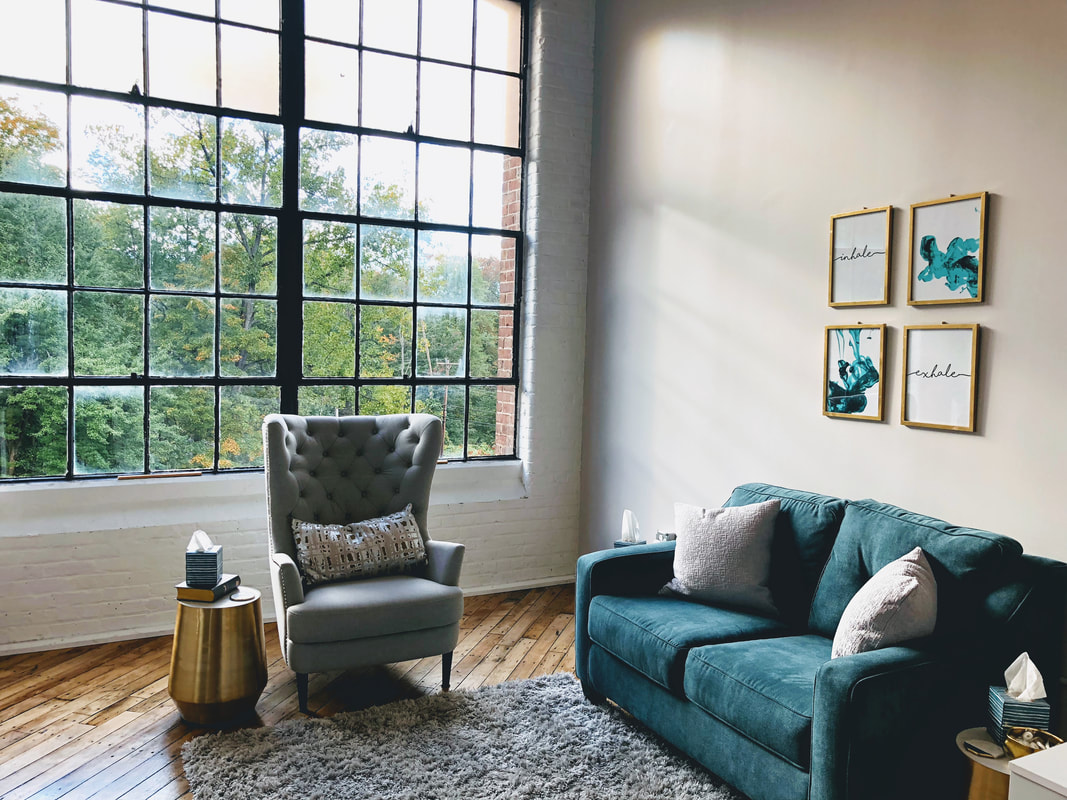

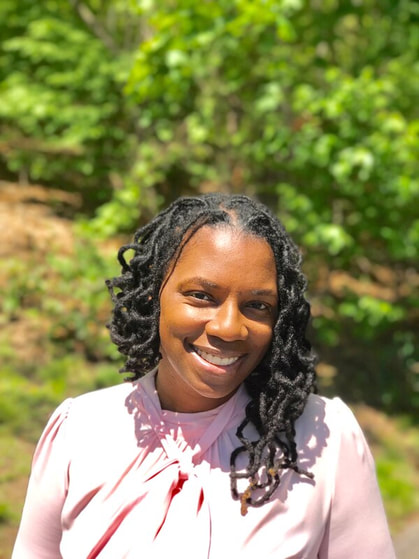
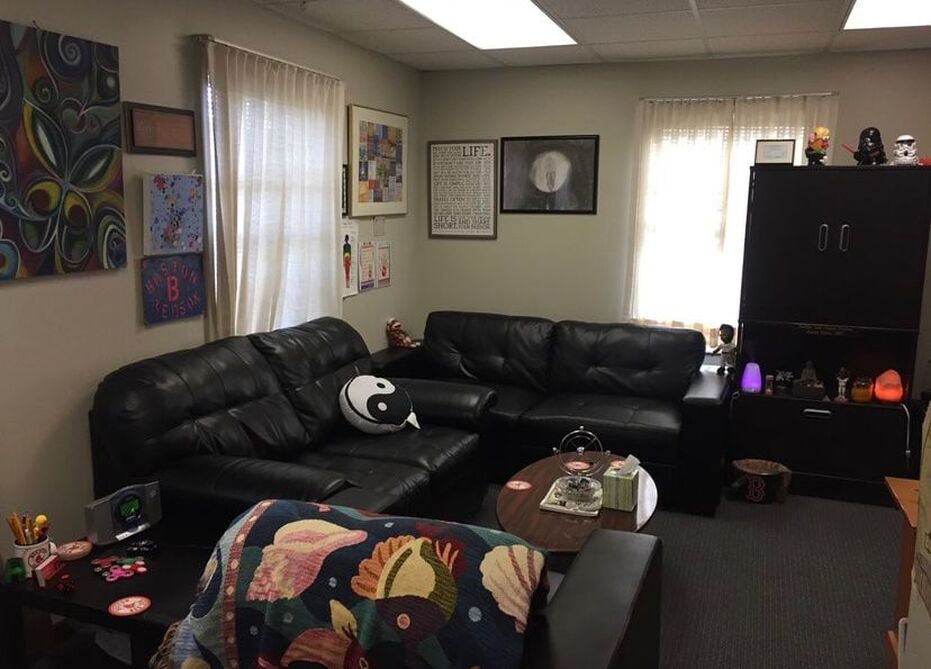




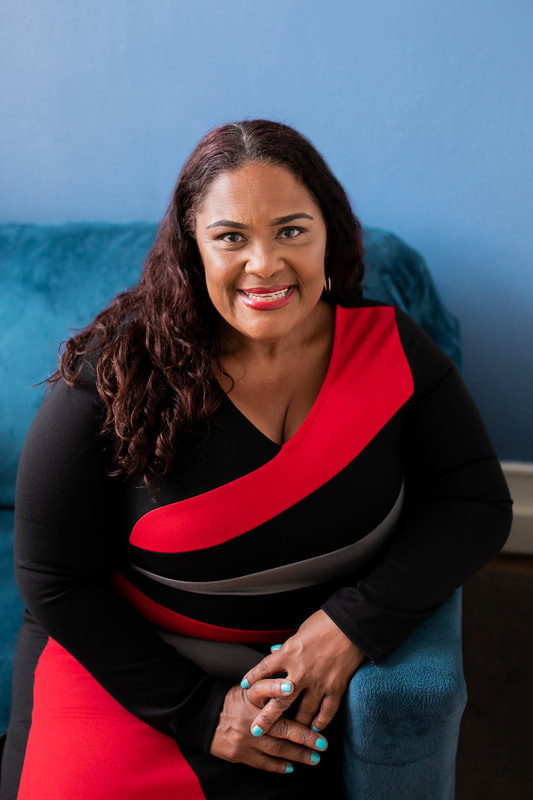


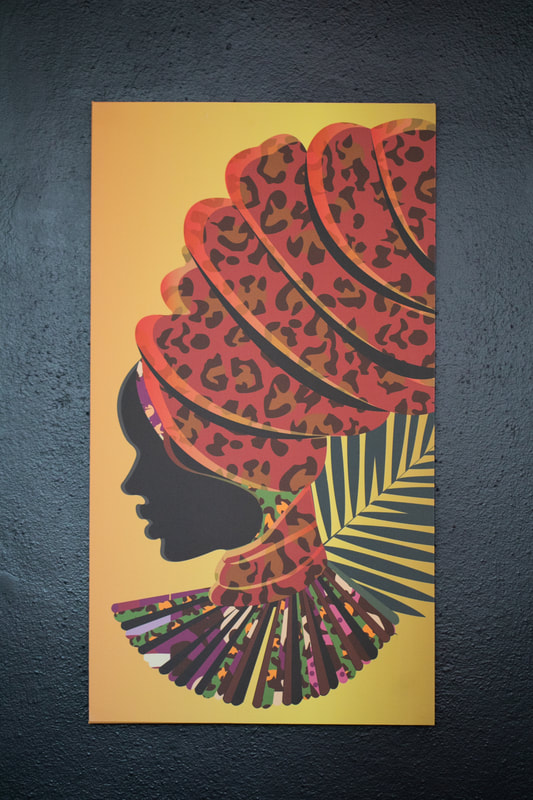
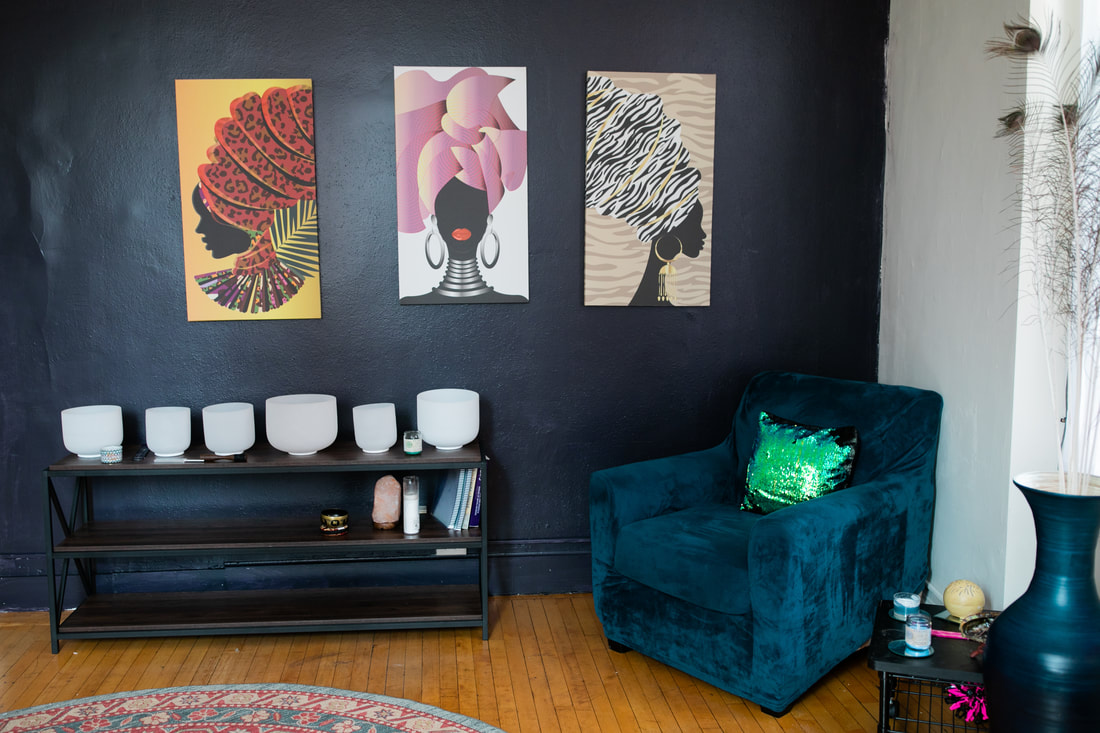

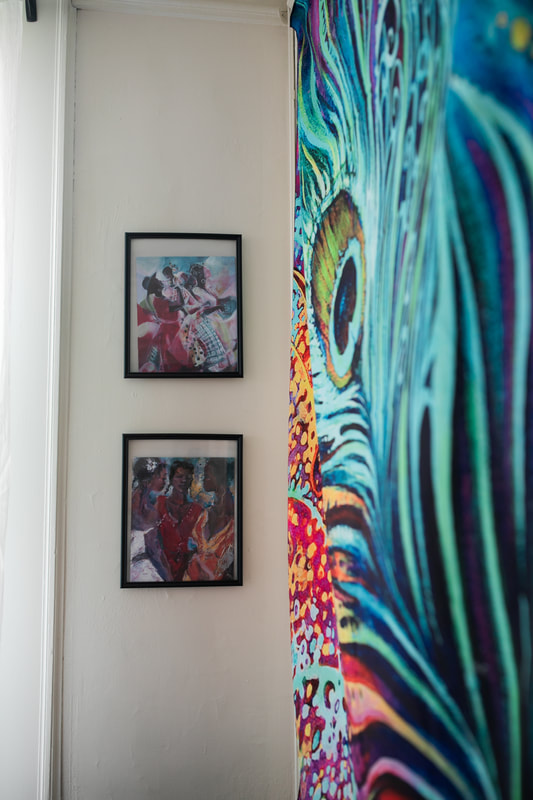

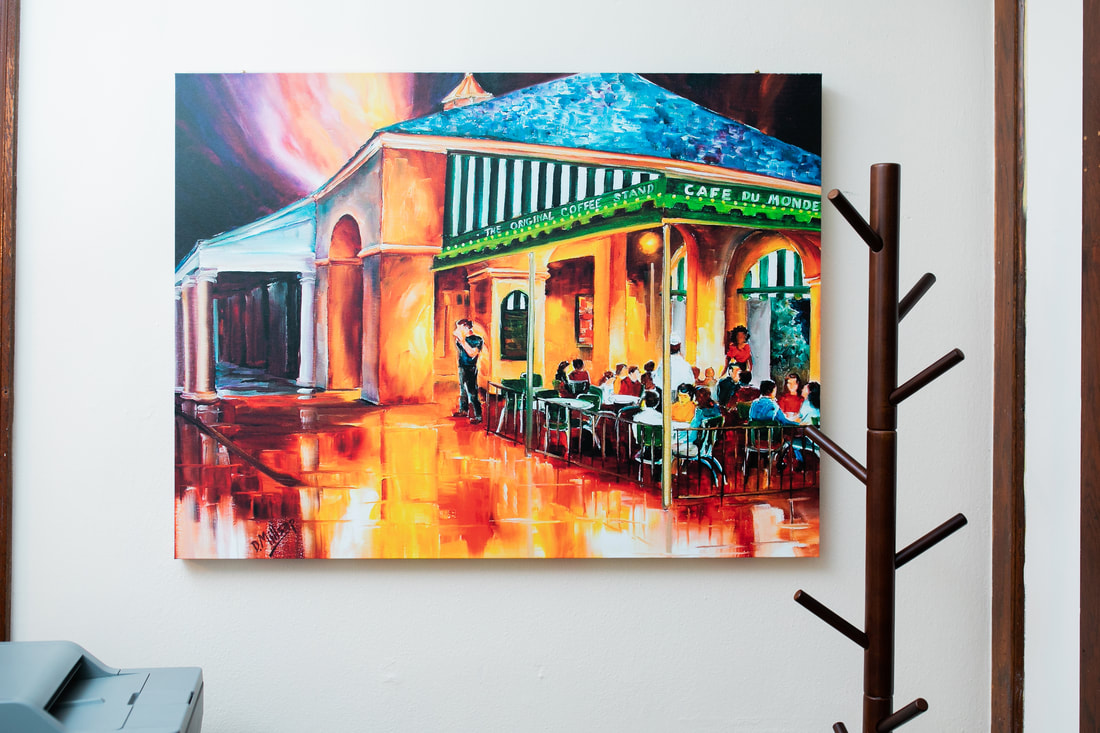

 RSS Feed
RSS Feed